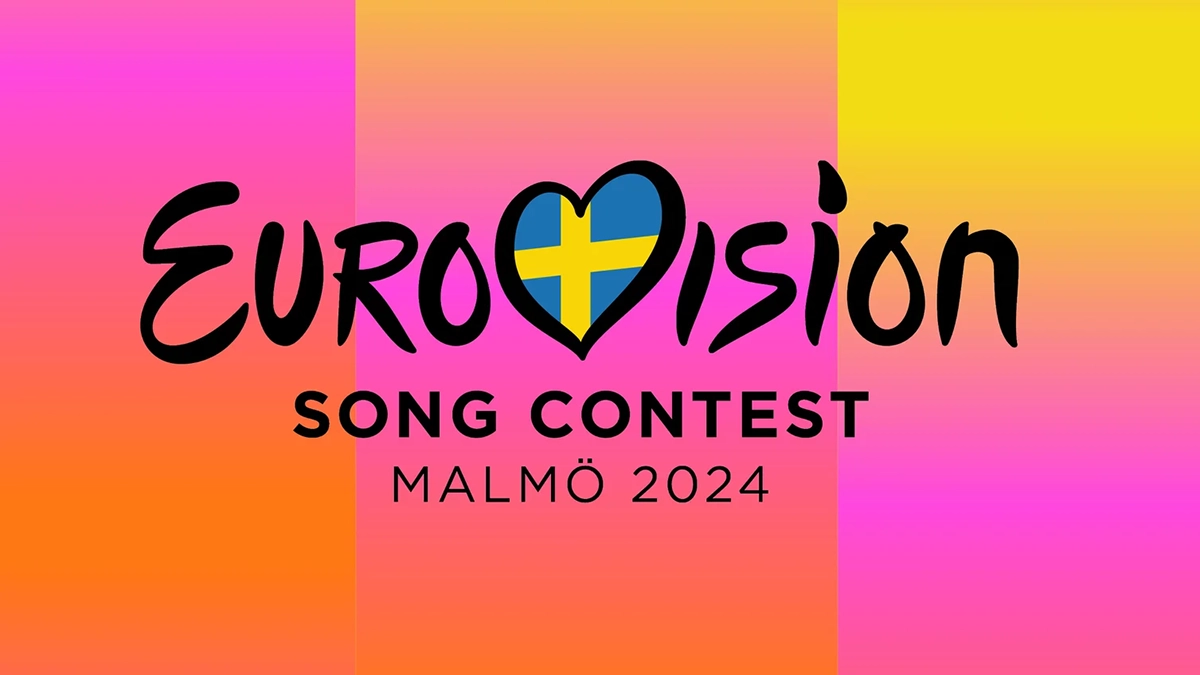
Unveiling the Israeli Controversy: Eden’s Performance at Eurovision and its Impact
Read about the controversy surrounding Eden's performance at Eurovision and the allegations of Israeli propaganda.
The Controversy Surrounding Eden’s Performance at Eurovision
Recently, there has been a wave of controversy surrounding the performance of Eden Golan, a contestant representing Israel, at the Eurovision Song Contest. Accusations of Israeli propaganda, fake applause, and audience censorship have sparked a heated debate about the role of the European Broadcasting Union (EBU) and the ongoing conflict in Palestine. While it is important to approach these claims with skepticism and critical thinking, it is also crucial to address the concerns raised by those who believe there is a hidden agenda at play.
The Allegations of Israeli Propaganda
One of the main accusations levelled against Eden’s performance is that it was part of the Israeli propaganda machine. Some individuals claim that the selection of Eden as a contestant was a deliberate attempt to divert attention away from the political situation in Palestine and portray Israel in a positive light. However, it is important to note that Eurovision is primarily a music competition and should be viewed as such.
The Controversy Surrounding Audience Reactions
Another point of contention revolves around the alleged manipulation of audience reactions during Eden’s performance. Some individuals claim that there was a deliberate attempt to hide the booing from the audience in the arena in Malmö. A video circulating online suggests that the level of booing was higher than what was portrayed on television. However, it is important to approach this claim with caution, as videos can be edited and manipulated to fit a particular narrative. Without concrete evidence, it is difficult to determine the accuracy of these allegations.
The Role of the European Broadcasting Union (EBU)
The EBU, as the organizer of Eurovision, has been accused of censoring any criticism of Israel’s actions in Palestine. While it is true that the EBU has guidelines in place to ensure that the event remains non-political, it is essential to understand the complexities of the situation. The EBU’s primary objective is to provide a platform for artists from various countries to showcase their talent and promote cultural exchange. It is not their role to take a stance on political matters or censor legitimate criticism.
However, it is worth noting that the EBU has faced criticism in the past for its handling of controversial issues. The organization must remain vigilant in ensuring that it upholds its principles of fairness and impartiality. If there are genuine concerns about censorship or bias, it is essential for these issues to be addressed and transparently resolved.
The Ongoing Conflict in Palestine
The mention of the ongoing conflict in Palestine is a crucial aspect of this debate. While it is beyond the scope of this article to delve into the complexities of the conflict, it is important to acknowledge that there are differing perspectives and narratives surrounding the issue. It is essential to approach discussions about the conflict with empathy, respect, and a commitment to understanding multiple viewpoints.
It is undeniable that the conflict in Palestine has resulted in immense suffering, loss of life, and displacement. The international community has a responsibility to engage in constructive dialogue and work towards a peaceful resolution. However, it is also important to avoid making sweeping generalisations or demonising entire nations or peoples.
Conclusion
The controversy surrounding Eden’s performance at Eurovision highlights the intersection of music, politics, and media manipulation. While it is crucial to remain vigilant and question the motives behind certain actions, it is equally important to approach the situation with an open mind and a commitment to seeking the truth. The complexities of the Israeli-Palestinian conflict cannot be fully addressed within the confines of a music competition, but it is essential to continue engaging in meaningful conversations that promote understanding, empathy, and ultimately, peace.







